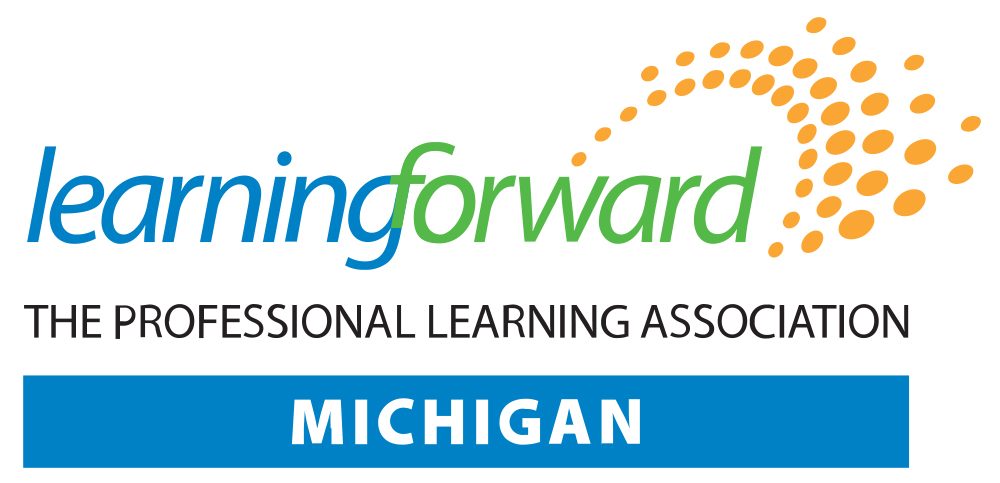Listening to Teachers
by Cynthia Carver, Associate Professor, Oakland University, LFM Past President
Earlier this year, I submitted a blog post titled “Defining Teacher Leadership: A Needed Conversation.” In that post, I argued the importance of taking time to talk with stakeholders about their understandings – of teaching, of learning, and of leadership – as a critical first step to elevating teacher leadership at the local level. The importance of this conversation was made very clear to me just a couple of weeks ago.
One of my teacher friends was reflecting on a recently released report on teacher leadership. Although she agreed with the article’s core message of advocacy, she was understandably offended by the report’s introductory remarks, which positioned teacher leadership as a strategy for easing principal workloads. Nothing was shared about the value of teachers’ expertise when leading instructional change, or their enhanced credibility when working with colleagues. Nope. It was all about helping the principal. Ouch.
As a leadership educator, my friend’s comment hit home. In my own work, I’ve framed teacher leadership in similar ways, especially when writing to administrator and policymaker audiences. Principals at all levels are overwhelmed by the tasks assigned to them. So yes, teacher leaders are in an ideal position to be helpful. Yet teacher leadership is about so much more than merely helping the principal. When I (or we) portray teacher leadership in narrow terms, we miss the opportunity to see the full promise of teacher leadership.
When a teacher identifies as a leader, she is fulfilling her professional mission. When a teacher nudges a colleague to adopt new evidence-based instructional techniques, he is acting as an influencer. When a teacher offers to work with the principal to redesign professional learning opportunities for the coming year, she is acting as a leader. When a teacher blogs about his passion for inquiry-based teaching and learning, he is acting as an advocate.
Importantly, each of these examples stem from the self-initiated action of teachers, not the invitation of someone with greater positional power and authority. When we forget to develop our messaging around this larger point, we will most certainly lose teachers’ interest and respect. Thus, I repeat. Taking time to talk with stakeholders, teachers included, is a critical first step in elevating teacher leadership at all levels.

Our Vision
Equity and excellence in teaching and learning.
Our Mission
Learning Forward Michigan builds the capacity of leaders to establish and sustain highly effective professional learning.
Standards and Impact
Supports the implementation of standards and examines evidence to strengthen and document the impact of professional learning.
Leadership and Practice
Builds the capacity of its members, clients, partners, and staff to establish and sustain effective professional learning.
Advocacy and Policy
Advocates for policies and practices that strengthen the field of professional learning.

